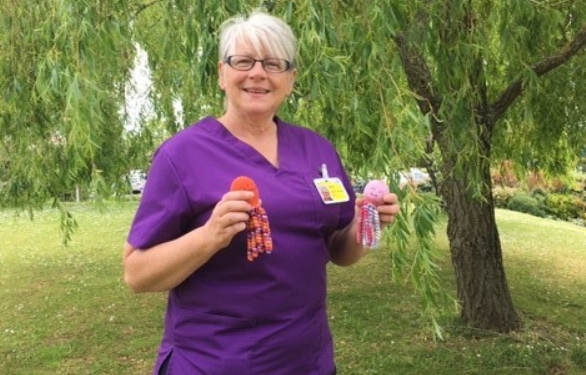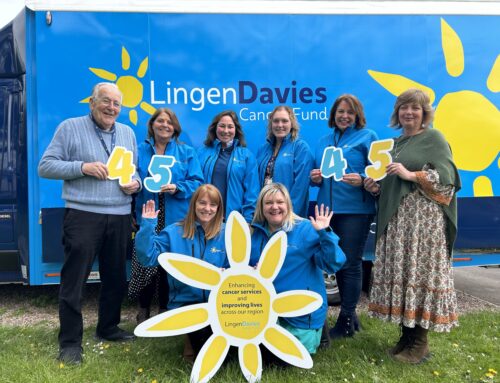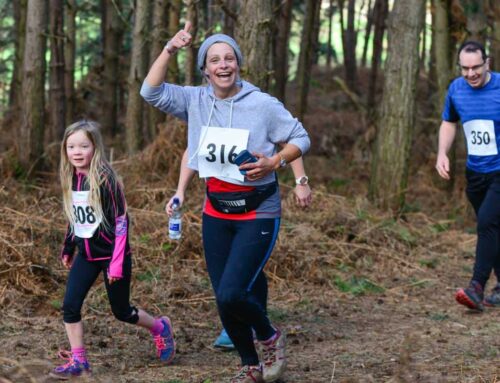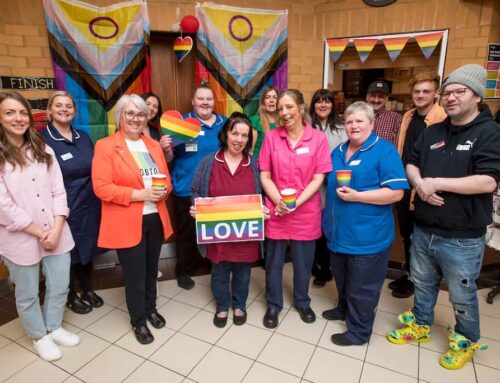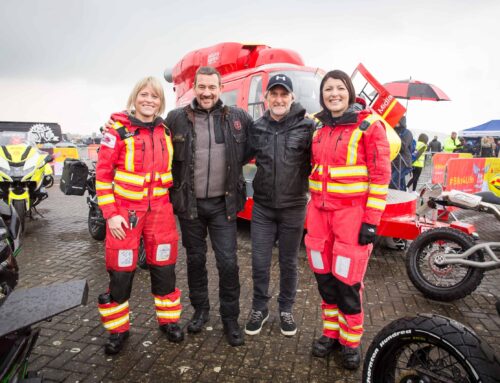Patients living with dementia at Shropshire’s acute hospital are benefitting from an initiative which provides knitted and crocheted octopuses to premature babies.
The cuddly aquatic creatures are produced by the charity ‘Octopus for a Preemie’ as a novel way of comforting premature babies as it’s thought that gripping the soft tentacles might remind early term newborns of the umbilical cord and the safety of their mother’s womb.
The Dementia Team at The Shrewsbury and Telford Hospital NHS Trust (SaTH), which runs the Royal Shrewsbury Hospital and the Princess Royal Hospital in Telford, has linked in with the charity and has been given 40 of the octopuses after realising the calming affect they have on patients who are living with dementia.
Karen Breese, Dementia Nurse Specialist at SaTH, said: “People with dementia may become anxious and distressed in hospital as it is such a strange and noisy environment, so by giving that person something to occupy their hands can benefit them. Patients who have already been given an octopus have relaxed by playing with their legs. They are also good for improving dexterity and grip strength.”
This isn’t the first time that Karen and her team have thought outside of the box to help improve the care and experience of patients with dementia.
Karen said: “Five-years-ago we launched our Twiddlemuff campaign to provide a stimulation activity for restless hands and in 2018 we introduced doll therapy to help reduce stress and anxiety by evoking happy memories from the past.
“Alternative therapies, such as the knitted octopuses, dolls, snoozing pets and knitted bears, which we have also introduced, are becoming more popular as they are often seen as a more attractive alternative to traditional medication and less intrusive than one-to-one care with a staff member.”
With a quarter of patients at SaTH living with a dementia or some form of confusion, team members are trained to ensure they know the benefits of using the knitted octopuses and how to carefully select patients who may benefit from this unique method of care.
Nurses are also provided with information sheets and training and will discuss the holistic therapy with families before introducing the cuddly toys.
This week was supposed to be Dementia Action Week however the activities and events planned across the country have had to be postponed due to the coronavirus pandemic. This hasn’t stopped SaTH’s Dementia Team continuing to look for new ways to improve the care and experience they offer for people living with dementia.
As well as the knitted octopuses, the team is also:
- Piloting new dementia-friendly name badge stickers to go on Personal Protective Equipment (PPE). The high-visible yellow name badges with black text are recognised as highly readable, aiding patients and visitors with visual impairments and dementia to be able to easily identify staff names. This is more important than ever at the moment as the traditional staff name badge is often covered up by PPE.
- Painting the walls of the Acute Medical Unit at PRH, as well as Ward 10 at PRH and Ward 22 at RSH, with bright colours to make a patient-centric environment for people living with dementia.
- Introducing Patient ‘About Me’ Passports are being placed into bedside lockers. When completed by the patients, of a family member of carer, the short document lets staff know more about the person they are caring for, such as their hobbies, favourite food and if they wear glasses or use hearing aids.
Pictured: Karen Breese, Dementia Nurse Specialist at SaTH, with some of the knitted octopuses.


